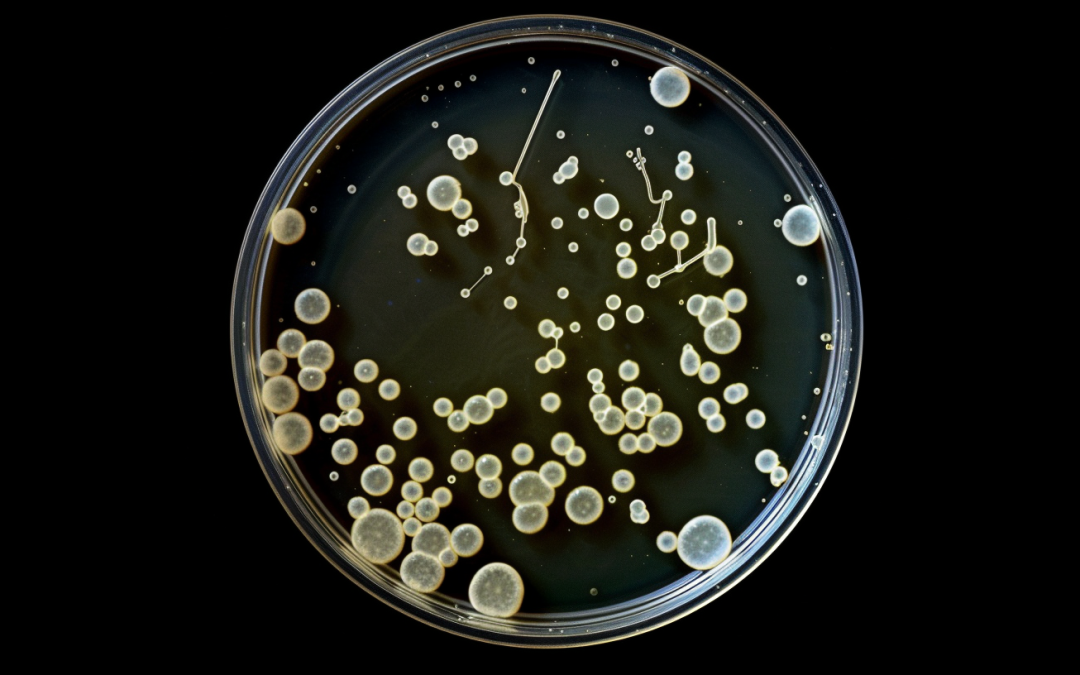If you rely on a private well for your drinking water supply, getting your water tested annually is crucial for detecting potential contamination issues. One of the main things labs test for is the presence of total coliform bacteria.
What is Total Coliform?
Total coliform refers to a group of bacteria that are naturally present in the environment, as well as the intestines of warm-blooded animals, including humans. While most coliform strains are harmless, their presence in your well water can indicate a pathway for more harmful bacteria, viruses, or pathogens to enter your water supply.
Coliforms generally should not be found in treated drinking water or deep groundwater sources like wells and aquifers. Their detection serves as a warning sign that disease-causing organisms could have also contaminated the water.
Common sources of coliform include soil runoff, septic system leaks, animal waste, or cracked well casings that allow surface water infiltration into the aquifer. Even a small crack or defect can provide enough of a pathway for coliform and other contaminants to enter over time.
Why Test Annually
Annual testing is recommended because new pathways for contamination can open up even in deep, properly constructed wells. Factors like aging components, ground shifting, surface flooding, or well system damage can compromise your water quality over time.
Testing once per year acts as an early warning system to detect any emerging contamination issues before they potentially cause illness. This allows you to disinfect the well, identify and fix any defects, or take other corrective actions.
What Else to Test For
While most counties require annual testing for total coliform, it’s also recommended to test for:
- E. coli bacteria (presence indicates fecal contamination)
- Nitrates/Nitrites (sources include fertilizers, septic systems)
- pH levels (a measure of acidity or alkalinity)
- Total dissolved solids (magnitude of any contaminants)
- Any localized contaminants of concern in your region
By taking an annual “snapshot” of your well water quality through comprehensive testing, you can verify its safety and take action if any contamination is present. Catching issues early protects your health.
Total coliform detection doesn’t necessarily mean your water is unsafe, but it raises a red flag that your well system requires further evaluation and corrective measures. Make annual testing a priority to ensure your private well water remains clean and problem-free.

